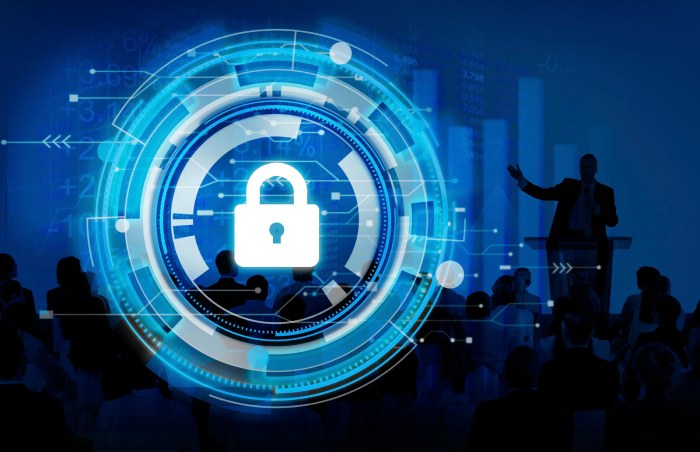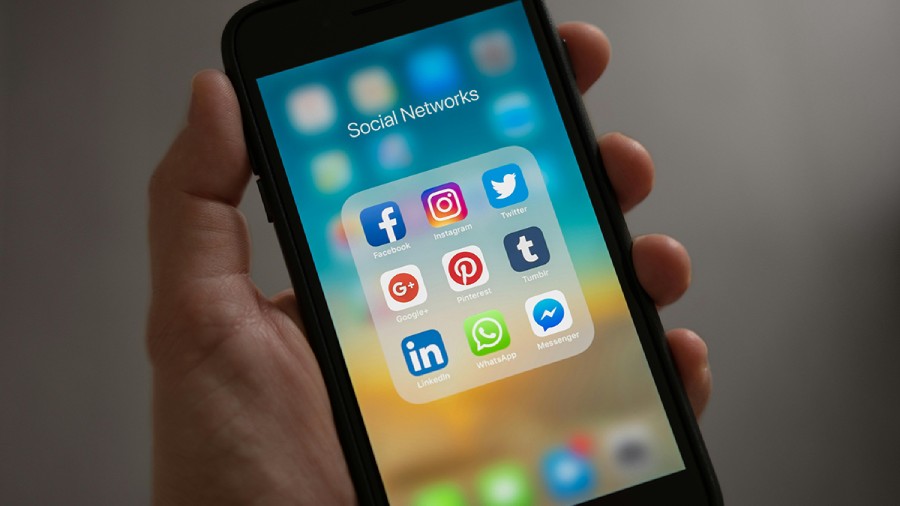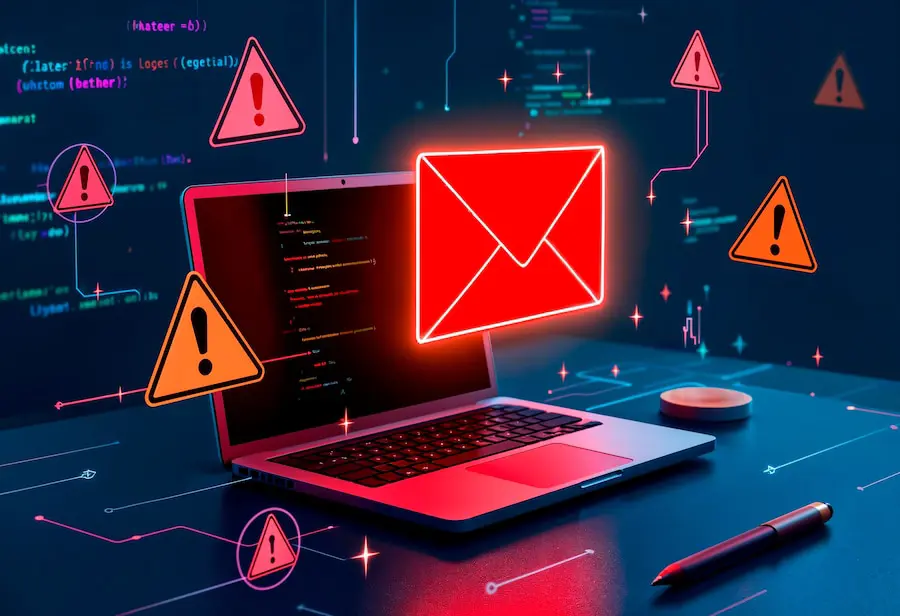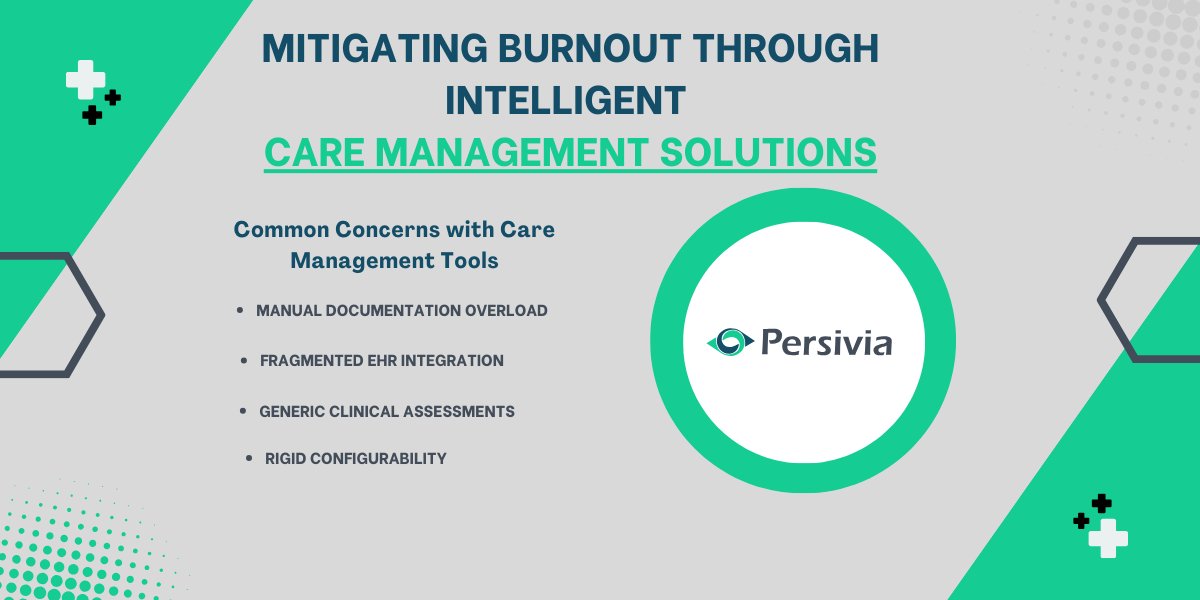
5 Reasons Why Privacy Is More Important than Ever in India
As the economy becomes more digitally driven, Indian consumers need to demand privacy as a fundamental right.
Since it has the second-largest population, the largest democracy in the world, and people from a variety of origins who follow different traditions and beliefs, India places a higher value on privacy than other nations.
You don’t have to be in a leadership position at your organization to understand why privacy is important. With technology on the rise in India, keeping track of privacy can be difficult. You must secure your privacy as a consumer.
Why is Privacy More Important than Ever in India?
Limiting Government and Private Sector Access
Privacy puts a limit on government and private sector access to your data. The government has a responsibility to protect you and every other citizen but often crosses the line when it comes to surveillance. The more the government or a company knows about you, the more power they can have over you.
The Personal Data Protection Bill (DPB), implemented by the Indian government, regulates the collection, processing, storage, usage, transfer, protection, and disclosure of personal data of Indian citizens. In the wrong hands, your personal data can be used to influence your decisions, shape your behavior, and exercise control.
Data Compliance and Enforcement
When privacy is recognized as a fundamental right, those who disrespect it face consequences. While there are examples of privacy breaches through personal data usage, like targeted ads, privacy puts a limit on how much data can be used.
If you desire your information to be kept private, it is disrespectful for a company to ignore your wishes. DPB has put in place regulations, including penalties based on multinationals’ global income and potential jail sentences for officers who fail to comply. Private helps to ensure data compliance and accountability across all sectors.
Freedom of Social and Political Activities
India has a diversity of people and cultures which means that your political view may differ greatly from your neighbors’. Privacy protects your right to your own political opinions.
Privacy is protected at the ballot box, where you can cast your vote without anyone trying to influence you otherwise. Everyone has a right to their views and choices, but with privacy, you can choose to share only what you are comfortable with.
Protecting Personal Data and User Content
If it is your data, you have a right to have control over it. DPB regulations dictate that a digital company must obtain user consent before using your data. Every Indian citizen has a constitutional right to privacy. Companies are obligated to explain how much data they intend to collect and the purpose of data collection.
If you did not have this control over your data, it would make you vulnerable to more powerful forces in society. However, as a user of any platform, you must read their privacy policies. Ensure you are okay with how they intend to use your data before signing up. Reading privacy policies becomes even more critical if you are signing up on platforms that you intend to use for storing sensitive dat. Such data may include your photos and personal documents.
Freedom of Speech and Thought
Acquiring a VPN with India servers to hide your online activity, guard against snoops and hackers, and hide your IP address can help you maintain your freedom of speech. However, having privacy rights in the country can protect you from being monitored and tracked based on personal opinions. Privacy rights can help you separate work and home life so that you do not end up getting in trouble for having different individual views. It allows you the space to think and say what you want without worrying about an all-seeing eye.
Without a VPN, most of your online activities can be accessed by some third parties, including the government, internet service providers and sometimes your employer. Having a VPN gives you the confidence to access any website or use any mobile app on your phone without worrying about anyone accessing the data you send and receive from these platforms.
Reputation management
We all have information on our devices that we wouldn’t want anyone, including our closest friends or family, to access. For instance, some people have photos of their naked bodies on their phones. Such photos can be used to blackmail the victims if they ever land in the wrong hands. Health data stored in the Health Apps on our devices can also be used to damage our reputation if accessed by malicious people.
The good news is that modern mobile Operating Systems, including Android and iOS, have made significant leaps toward making their platforms more secure than ever. Users can now securely lock their devices and specific apps using biometric authentication and passcodes. This makes it nearly impossible to access other people’s devices without their authorization.
Freedom to change and have second chances
As we grow older, there are certain things in the past that we regret doing or saying and probably don’t want anyone outside our close circles to know about them. It is also normal for anyone to change their views about a certain subject over time. If such incidents were documented through a video or audio file, having tight privacy policies in India can help users to shield themselves from being judged based on their past deeds.
It should be noted that the Indian data protection policies require all websites and apps to inform their users how they use their data. If you have private information that you would like to share on the web, it is essential to read the privacy policies of all the websites and apps you share this information. If any of their privacy policies put your data at risk, it is best not to share sensitive information with such platforms.
Conclusion
These are some of the reasons why privacy is more important than ever in India. As a country with growing technology and cultural diversity, privacy in India is more important than ever. Privacy is a fundamental right for every citizen, and enforcing it will ensure protection from the government, private sector, and other illegal access. It will also hold data offenders accountable by law.

Law Firm Management: How Technology is Driving Efficiency

Most Popular Social Networks: Dominating Online Platform







